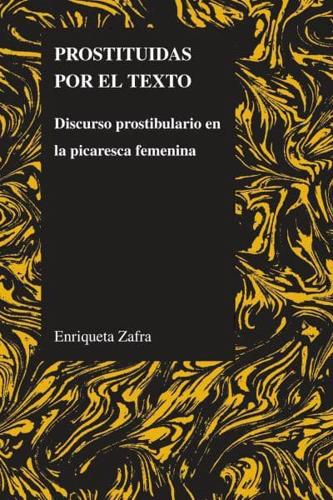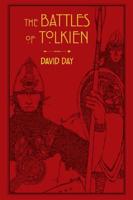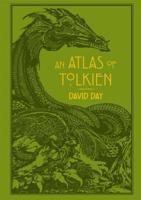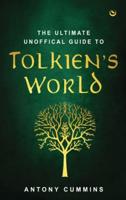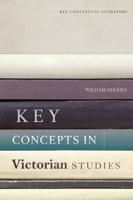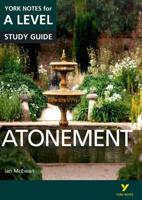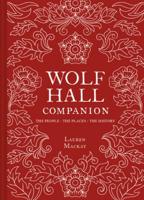Publisher's Synopsis
Prostituidas por el texto, by Enriqueta Zafra, looks at the role of prostitution in female picaresque novels and also in Don Quijote. While most of the authors of the works discussed are male, Zayas is included as a female author of these texts. Also included are etiquette manuals that offer rules ranging from how to be the perfect wife and daughter to advice on using make-up. Zafra also considers legal measures and moral treatises that define the boundaries of sin. Her analysis discusses the 'lesser evil' that the presence of prostitutes represents for society as well as the concern for the 'public good' that led to its legal eradication in 1623. Zafra's research demonstrates that the discourse on early modern prostitution present in literary and extra-literary sources informs us of more than the sexual practices allowed to prostitutes and therefore is part of a larger discourse on the regulation of women's behavior. She points out that moralists, preachers, and legislators as well as writers participated in this on-going discourse on prostitution, women, and sex. She also sees an interplay between the fictional discourse of lust, disease, and misogyny and that of legal and moral control whose main purpose was to restrict the actions of women who were considered to be out of control. This is the first full-length study that investigates the discourse on prostitution in both literary and extra-literary sources. At the same time, the work fills a necessary gap in Spanish gender and literary studies, since it covers the trajectory of the picara-prostitute from the early sixteenth to seventeenth centuries.
